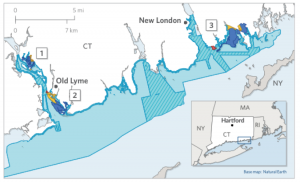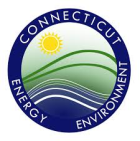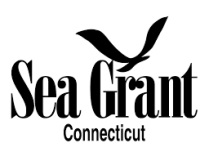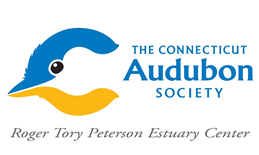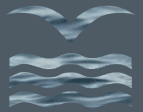Tuesday, June 14, 2022
VIRTUAL
6:00 pm
$5.00 for CRM Members
$10.00 for Non-Members
“Things You Might Not Know about Connecticut’s New National Estuarine Research Reserve”
by: Ralph T. Wood, PhD
Some facts and figures about Connecticut’s National Estuarine Research Reserve and its promise.
Join us for a brief history, with some little-known facts and figures, of the extensive effort, by teams from the Department of Energy and Environmental Protection, the University of Connecticut, the Connecticut Audubon Society, and the Connecticut Sea Grant, that recently succeeded in the designation of a NOAA National Estuarine Research Reserve in southeastern Connecticut.
With a career in industrial R&D and in business consulting, Ralph is a volunteer to several non-profits and an environmentalist, business owner, teacher/mentor and bicyclist. He is chairman emeritus of the Connecticut Audubon Society, a board member of its Roger Tory Peterson Estuary Center in Old Lyme, a Board member of the Mentoring Corps for Community Development, and a member of the steering teams for the site selection and designation of Connecticut’s National Estuarine Research Reserve, which includes 52,000 acres of the Connecticut and Thames Rivers Estuaries and southeastern portions of Long Island Sound.
Photos Courtesy of Ralph T. Wood
